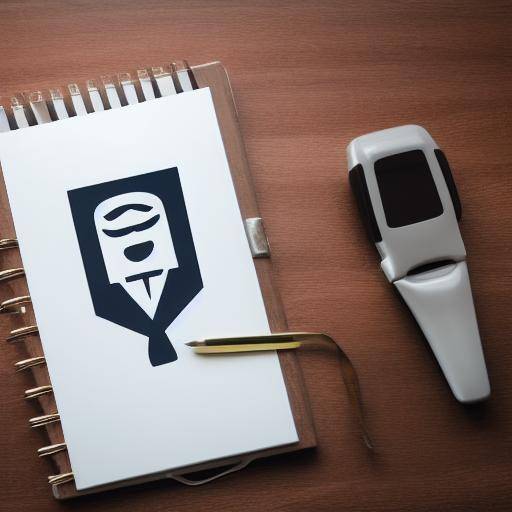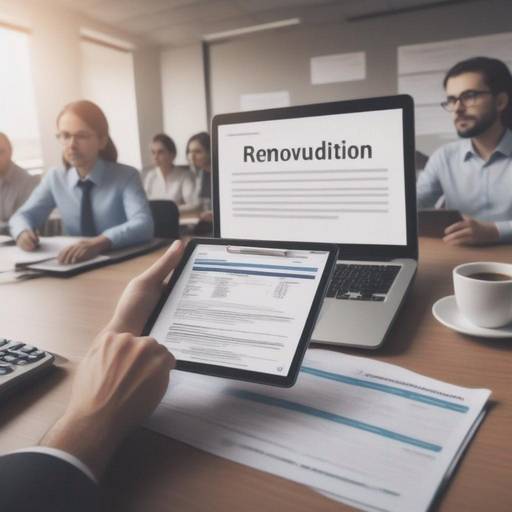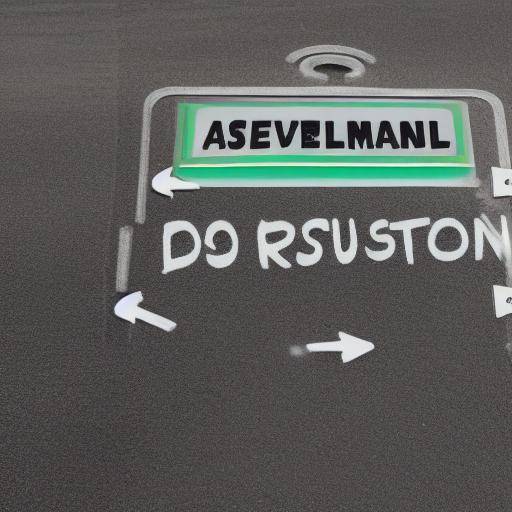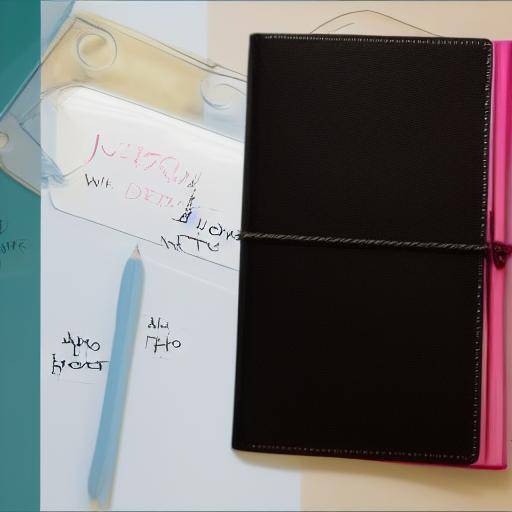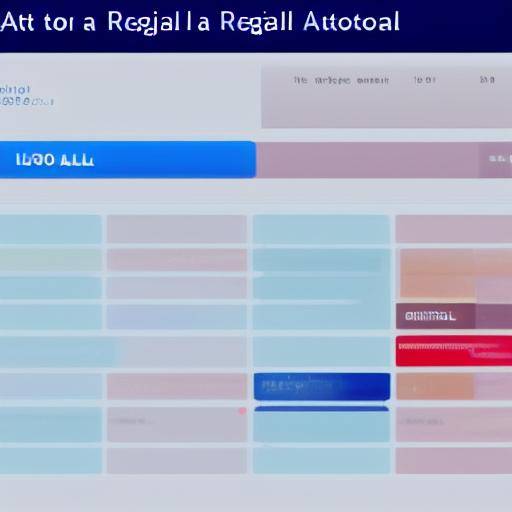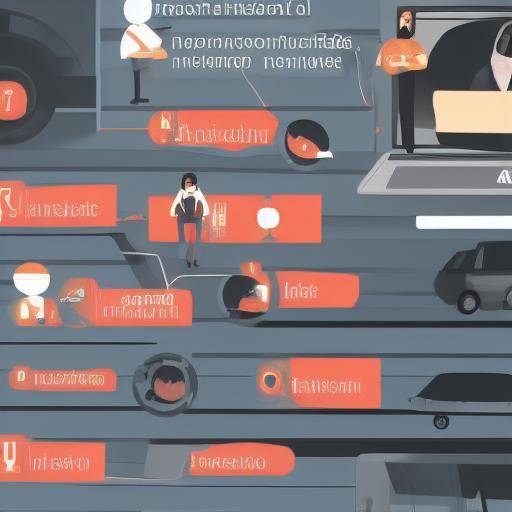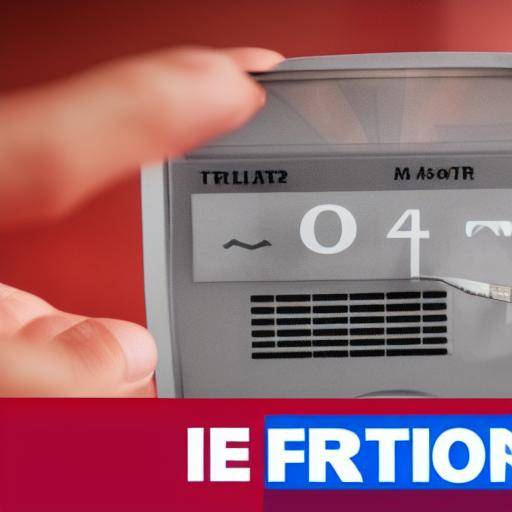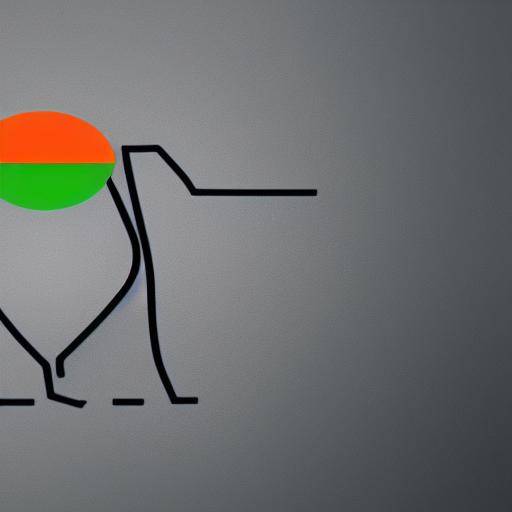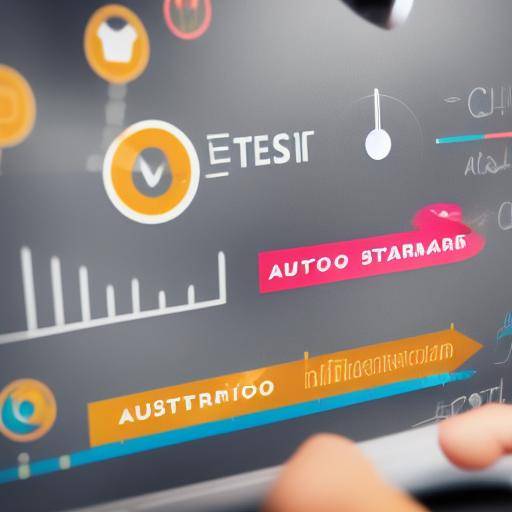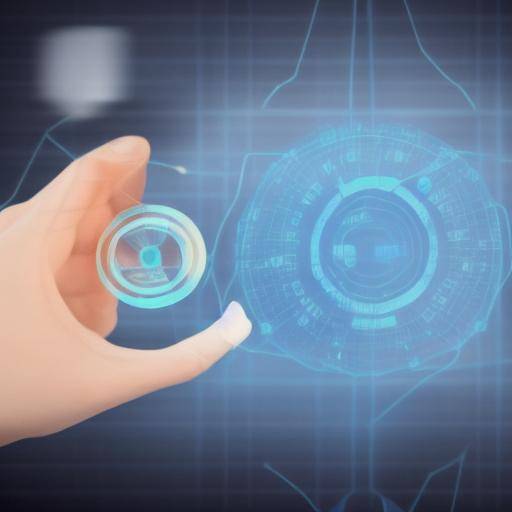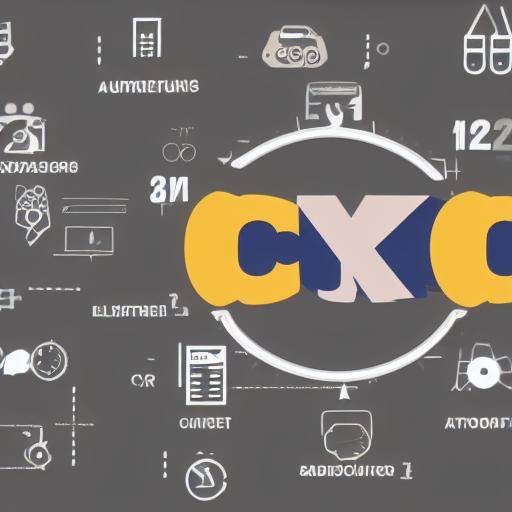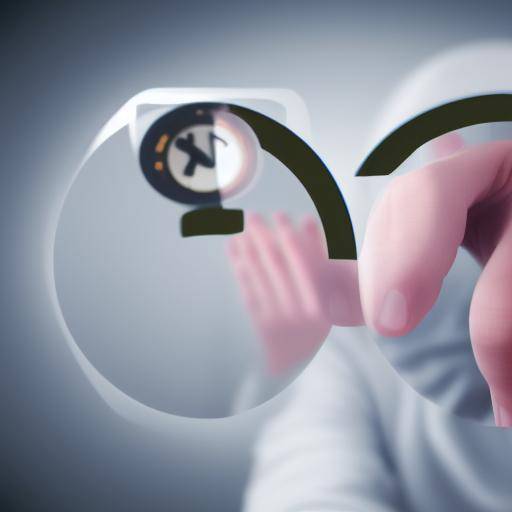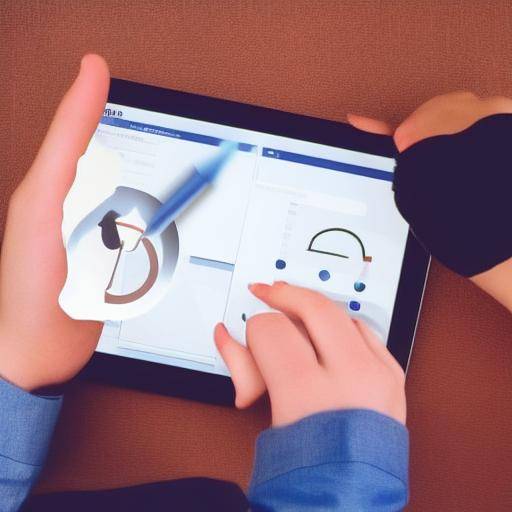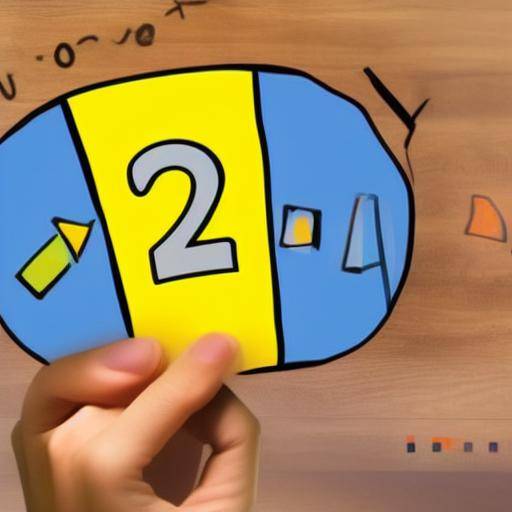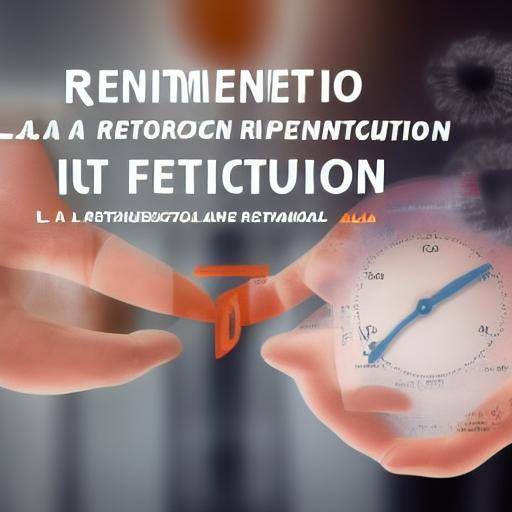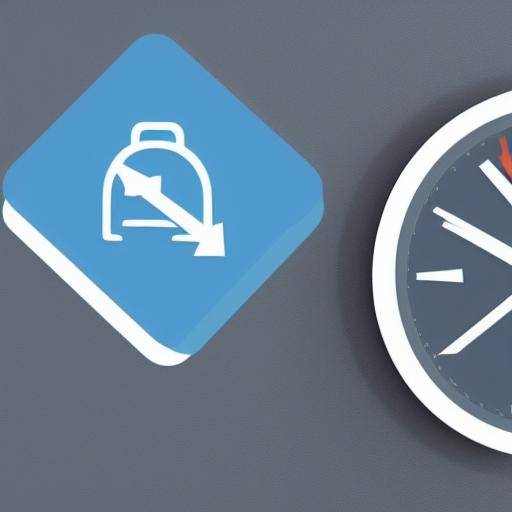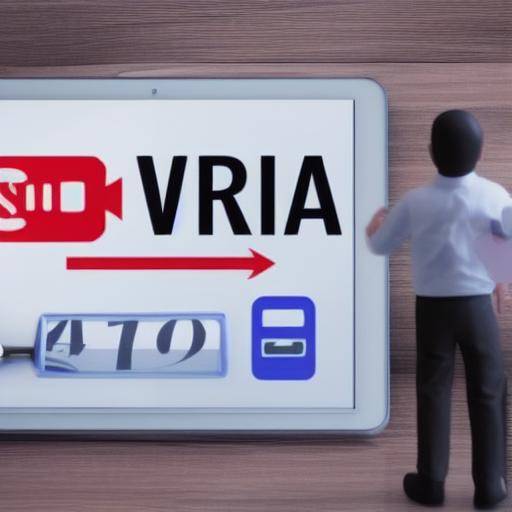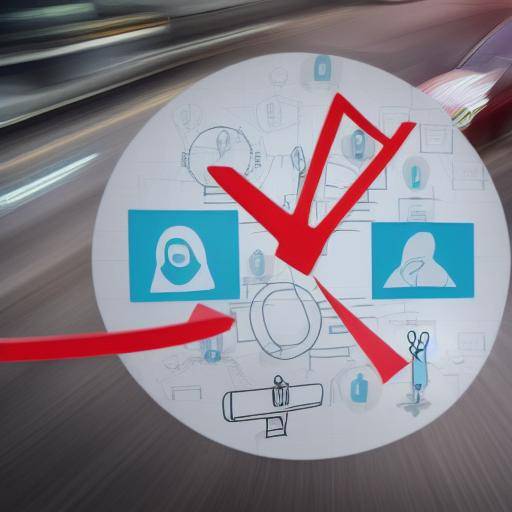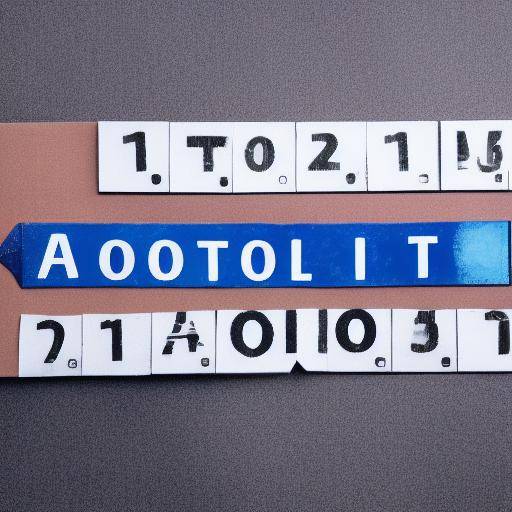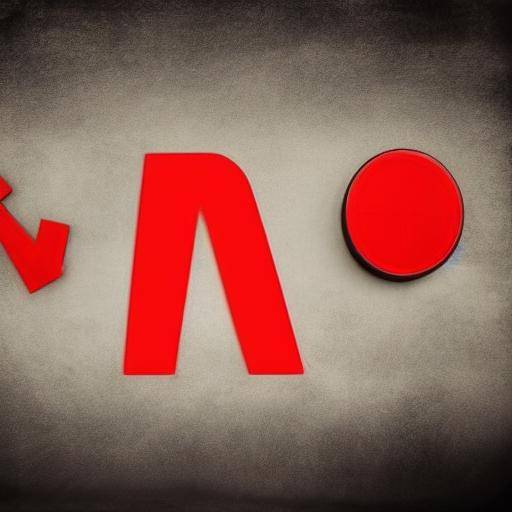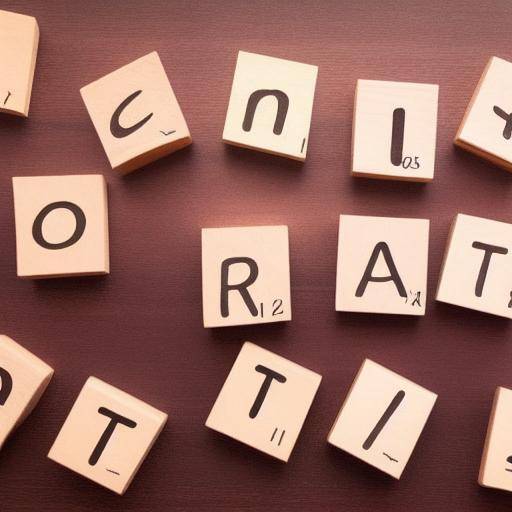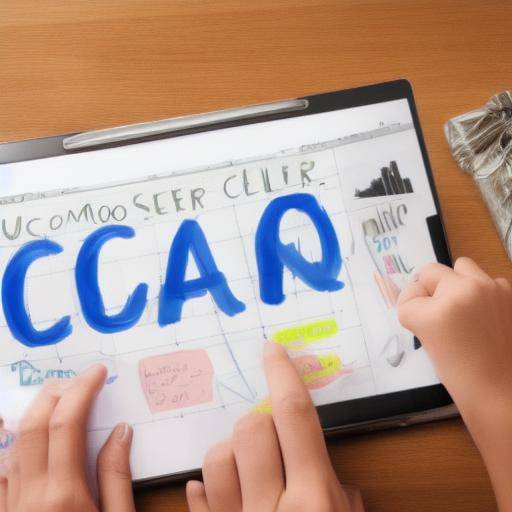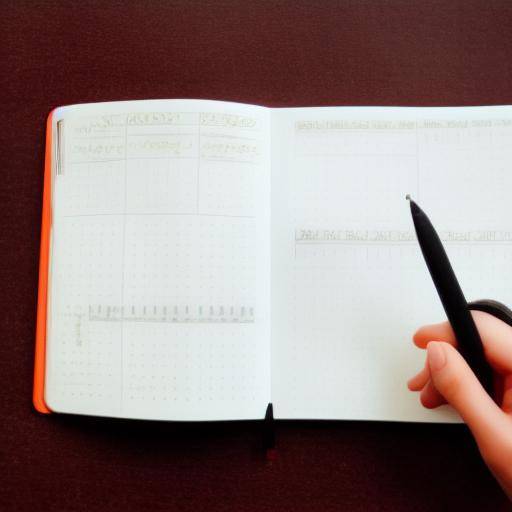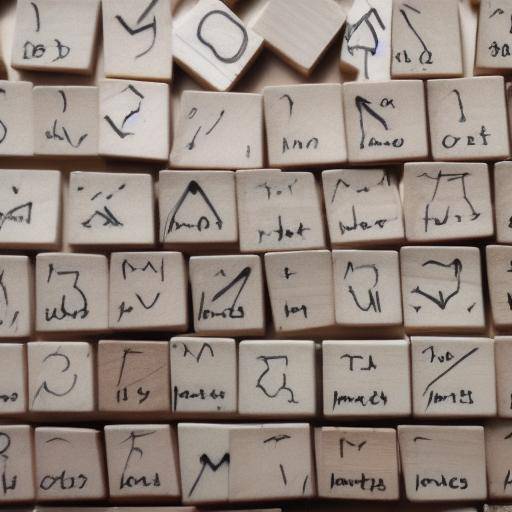
Self-assessment is a process involving reflection and analysis of our own actions, behaviors and results. This process can have a significant impact on personal and professional development. In this article, we will explore in detail the impact of self-evaluation on continuous improvement and personal development.
Importance of self-assessment
Self-assessment plays a crucial role on the road to continuous improvement. By reflecting on our experiences, achievements and challenges, we can identify areas of improvement and growth. This allows us to understand our strengths and weaknesses, which in turn gives us the opportunity to develop strategies to achieve our goals.
Understanding strengths and weaknesses
Recognizing our strengths allows us to empower them and use them more effectively. Identifying our weaknesses gives us the opportunity to address them constructively, developing specific plans to overcome them. This deep knowledge of ourselves is essential for any personal and professional development process.
Strategy development
Through self-assessment, we can set clear goals and develop specific strategies to achieve them. This includes planning specific actions, setting deadlines and identifying necessary resources. Self-assessment provides a structured framework for growth and continuous success.
Benefits of self-evaluation
Self-assessment promotes awareness, authenticity and personal responsibility. It helps identify behavior patterns, improvement areas and growth opportunities. Through self-assessment, we can set realistic goals, improve our skills and maximize our potential.
Awareness
Self-evaluation forces us to stop and reflect on our actions and results. This introspection process increases our self-consciousness, allowing us to recognize how our actions affect our performance and our relationships with others.
Authenticity and responsibility
By honestly reflecting on our actions, we promote authenticity and personal responsibility. We become more genuine in our interactions and more responsible for our own successes and failures. This authenticity allows us to build more solid and trust-based relationships.
Self-assessment in Continuous Improvement
Self-evaluation is essential for continuous improvement. By constantly evaluating our performance, we can identify opportunities for growth and evolution. It allows us to adapt to changes, learn from our experiences and improve proactively.
Adaptability and learning
In a constantly changing environment, the ability to adapt is crucial. Self-assessment allows us to be flexible and effectively respond to new circumstances. Learning from our past experiences and applying that knowledge to future situations is essential for continuous growth.
Proactivity
Continuous improvement requires a proactive approach. Self-assessment allows us to anticipate potential problems and develop solutions before they become significant obstacles. Being proactive places us in a control position, allowing us to direct our own development effectively.
Tools for self-evaluation
Various tools and methodologies can facilitate the self-assessment process, from the use of personal journals to the application of feedback questionnaires. These tools provide structure and focus, allowing us to undertake a deeper and more meaningful evaluation.
Personal journals
Maintaining a personal journal can be a powerful tool for self-assessment. By registering our daily thoughts, emotions and experiences, we can identify patterns and reflect on our progress. The journals offer us a clear vision of our development over time.
Feedback questions
Structured feedback questionnaires can provide an objective perspective on our performance. By receiving feedback from colleagues, supervisors or mentors, we get a more complete view of our strengths and areas of improvement. This external feedback is valuable to complement our internal self-assessment.
Personal development through self-assessment
The self-assessment process can catalyze deep personal growth. By recognizing our areas of improvement, we can work on developing new skills, improving our interpersonal relationships and strengthening our trust in ourselves. Self-assessment is essential for integral personal development.
Development of new skills
Self-assessment helps us identify the skills we need to improve or acquire. We can design a personal development plan that includes the formation and practice of new competencies, which allows us to be better prepared to face future challenges.
Improved interpersonal relationships
Reflection on our interactions with others allows us to improve our communication and empathy skills. By better understanding our own emotions and behaviors, we can interact more effectively and build healthier and collaborative relationships.
Strengthening confidence
Recognizing our achievements and progress through self-assessment strengthens our self-confidence. Feeling safe from our abilities motivates us to take on new challenges and to continue growing both personally and professionally.
Importance of continuous improvement
Continuous improvement is a fundamental principle in various fields, from business management to personal growth. The constant search for excellence and innovation allows us to adapt to a constantly changing environment and maximize our potential.
Search for excellence
Continuous improvement prompts us not to conform to the status quo and to always seek ways to improve. This commitment to excellence allows us to stand out in our activities and achieve higher levels of performance and satisfaction.
Innovation and adaptation
In a constantly evolving world, the ability to innovate and adapt is crucial. Continuous improvement keeps us alert to new opportunities and allows us to adapt to changes with agility. This open and responsive mindset is essential for long-term success.
In conclusion, self-evaluation is a powerful tool for continuous improvement and personal development. By reflecting on our actions and results, we can identify areas of improvement, develop new skills and maximize our potential. Self-assessment allows us to adapt to change and constantly seek excellence, which leads us to sustained growth and success in all aspects of our life.







